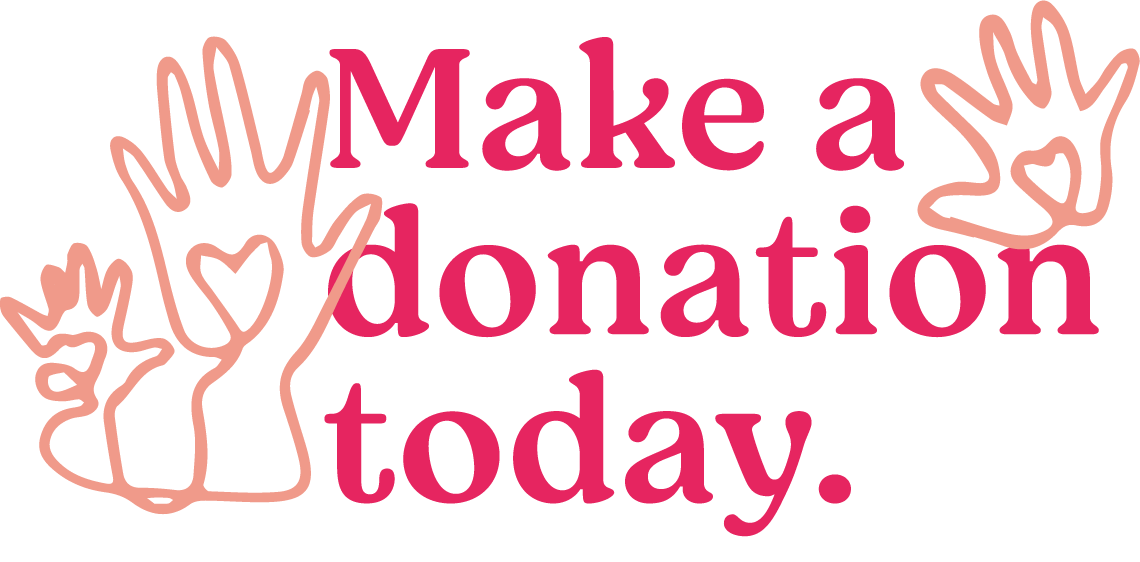February is Teen Dating Violence Awareness Month. Each year, advocates from across the country join efforts to raise awareness about dating violence, highlight promising practices, and encourage communities to get involved.
What classifies as Teen Dating Violence?
According to the National Resource Center on Domestic Violence, Teen Dating Violence (TDV) is defined as a pattern of abuse or threat of abuse against teenaged dating partners. This can happen in many different forms, including verbal, emotional, physical, sexual, and digital.
What are the signs of Teen Dating Violence?
Many times, teens who are involved in an abusive relationship will remain silent. They will not ask for help or seek guidance until after they have already suffered for a period of time. As adults, these teens are more likely to be withdrawn and depressed.
The following warning signs are generally indicative of abuse:
- Extreme mood swings
- Isolation
- Unexplained physical injuries
- Bad grades
- Sexual activity
What effects does Teen Dating Violence have on victims?
Victims of Teen Dating Violence are more likely to engage in self-destructive behaviors in an effort to cope with the abuse. These behaviors include:
- Doing poorly in school
- Engaging in sexually promiscuous behavior
- Smoking
- Turning to illicit drugs to escape reality
- Drinking heavily
- Getting into physical fights
- Attempting suicide
How can I help my teen avoid becoming a victim of Teen Dating Violence?
Talking to your teen will help more than you know! Take time to engage in meaningful conversations with your kids this February and discuss this important issue. Listen for signs that they may be affected by teen dating violence, and let them know you are there for them.
How does Heartland Family Service help victims of domestic violence?
Heartland Family Service has a number of comprehensive services for individuals and families through our Domestic Violence/Sexual Assault programs. These include:
- 24-hour-crisis line
- Safe Haven emergency shelter
- Advocacy
- Community education
- Crisis counseling
- Therapy
- Transitional housing
- Support groups for women and men











